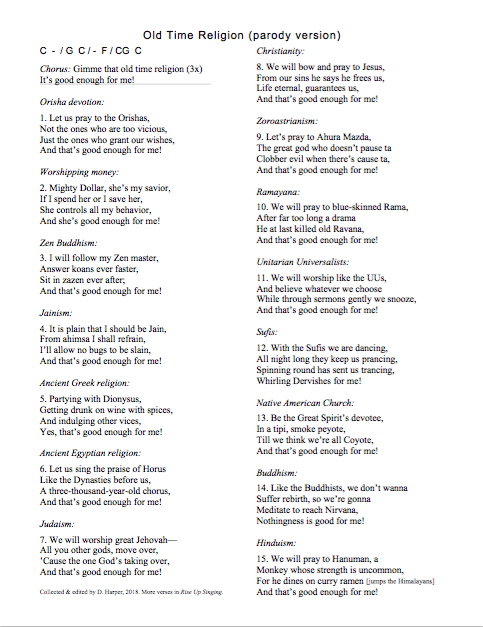Philosopher Peter Leiter makes some crucial points in a May Day interview with Il Manifesto, “Italy’s leading communist newspaper” (look for the link to download an English translation of the interview). Here are three highlights from the interview:
“The U.S. left has been dead for decades, starting with the state purge of communists in the 1950s and continuing with the neoliberal revolution since the 1980s and the war on the organized labor movement — so Trump is more symptom than cause of the fact that there is no left in the U.S….”
This is probably the most important thing that Leiter says in this interview. The lack of meaningful leftist politics in the U.S. not only means that Bernie Sanders, a center-left politician, is popularly thought to be a socialist — it also means that most U.S. residents do not actually know what leftist politics look like. This is a huge hole in our political discourse. Leiter goes on to add:
“‘Identity politics’ is the narcissism of the aspiring bourgeoisie, who want to get their share of the ‘capitalist pie,’ including their share of ‘respect’ as reflected in language and culture. … Insofar as ‘left’ politics in the U.S. has been captured by identity politics, it has been rendered impotent against the real obstacle to human flourishing….”
In other words, in the absence of actual leftist politics in the U.S., we have a putative leftist politics that does not aim to reform the economic injustice perpetuated by capitalism; instead, this putative leftist politics wants to keep capitalism going by offering it to historically marginalized groups. Even for those who strongly support capitalism, it’s important to understand that the goal of identity politics is not fundamental economic reform; its goal, while worthwhile, is much narrower.
Leiter will be taken to task here by U.S. academics who will point out that he is a white man and therefore can not understand identity politics; but as Leiter points out, most academics come from “bourgeois backgrounds” and indeed some of them are “actual or aspiring members of the ruling class”; as apologists for capitalism, they are not going to engage in serious critique of capitalism. So if he as a white man can’t understand identity politics, then they as aspiring members of the ruling class can’t understand leftist politics.
And here’s perhaps my favorite passage from the interview:
“Moral and political ideals are very important to human beings, but there is no evidence that the often unintelligible theoretical writings of academics about these ideals make any difference at all. Marx, who was a good writer (unlike Habermas), seized the imagination of revolutionaries in the 19th-century because he explained to them the causes of what was visible to them and what to do about it; he didn’t have to persuade them that they were suffering. No one who reads Marx could mistake him for Habermas….”
I once went to a lecture given by Jurgen Habermas. He spoke with a heavy German accent, but the real reason I found his lecture incomprehensible is the same reason I find his books incomprehensible: he’s a lousy writer. You can’t go about changing the world if you write specialized books that only appeal to a tiny number of professional philosophers and other academics.
There is more to Leiter’s interview, and no matter what your political persuasion, it’s definitely worth reading — it’s hard to find any American these days who can speak intelligently about leftist politics as they relate to the U.S. context.




